What Can I Use For Bail Bond Collateral?
What is Bail Bond Collateral?
Being part of a court case is never a pleasant experience, but for the person on trial, it can get more unpleasant. When facing criminal charges, the defendant will most likely be held in custody. And if they manage to qualify for bail but don't have the money, they can use collateral. But what is bail bonds collateral? And what else should be known about using it?
Collateral is the property you get back at the end of a bail bond when everything happens the way it is supposed to. Collateral can be real property like a house, vehicles, trailers, motorcycles, TVs, boats, jewelry, guns, electronics, cash, and even credit cards.
Collateral When Applying For Bail Bonds
When a person is officially accused of breaking the law to such a degree they need to be kept behind bars, they get the option to apply for bail. However, in extreme cases the judge will revoke the possibility of bail, meaning no collateral in the world is going to help. These cases typically involve murder and rape.
As for crimes with less severity, which are decided by state law and the judge, a bail hearing is set and a decision will be made whether the accused can be granted freedom for the duration of the trial.
If it happens that the accused qualifies for bail, a bail amount will be set, and the amount needs to follow certain guidelines. The accused then has to pay this bail amount, which he or she will get back after the trial is over and their names have been cleared.
Using Bail Bonds As Collateral
In some cases, the bail amount might be a little out of reach for the accused. Thus, they use their second option, which is property or other assets they own, like a business. Naturally, the combined assets of the accused need to be just as valuable as the bail amount, or exceed it.
If it happens that the accused don't have the money or assets to use as collateral, they can apply for a bail bond. This is when the accused, or their lawyer, call a bail bondsman like Didn't Do It Bail Bonds. These are people who specialize in providing the bail amount for you, but it comes with a price.
How Bail Bond Collateral Work
For the most part, bail bondsmen charge about 10% of the bail amount. For example, if the bail is set at $100,000 then he or she will ask for a $10,000 down payment. When the accused provides the down payment, the bail bondsman pays the court the full bail amount and gives the accused temporary freedom.
If the accused shows up in court, as per agreement with both the judge and the bail bondsman, the bail bondsman will get their money back. And they will keep the down payment from the accused.
Not Showing Up In Court
Of course, it happens that some accused individuals don't show up in court, which means the bail bondsman lose all his or her money. This will lead to them hiring a bounty hunter to track and arrest the accused. And after bringing the accused back to court, they get their money back.
No Collateral / Signature Bonds (Our Most Asked For Type of Bond)
There is only one way to do this and that is:
- You must have an steady long term job.
- You must have very good credit.
- You must be willing to sign a "General Power of Attorney". Yes this means legally we are you in all respects.
Property Types
Real Estate (Case by Case Basis on which states we are able to deed a home) You must have equity greater than the bail bond amount to qualify.

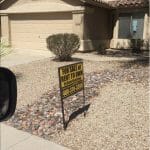
DMV Based Title Property Like Automobiles, Motorcycles, And Trailers Etc.
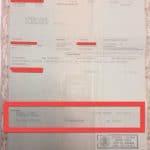
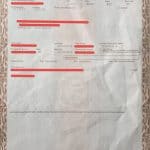

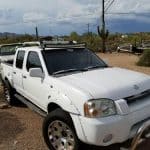


Currency, Electronics, Guns or Other Types of Property With Resale Value
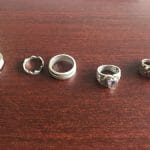



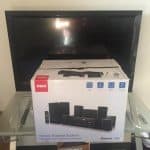

My name is Darrel Luth and I am the proud owner of Didn't Do It Bail Bonds. I am a retired Marine and served my Country proudly. I have been in the bail bond business for over 6 years and am one of the most successful bail bondsmen in Arizona. I attribute my success to hard work, integrity, and treating my clients with respect.